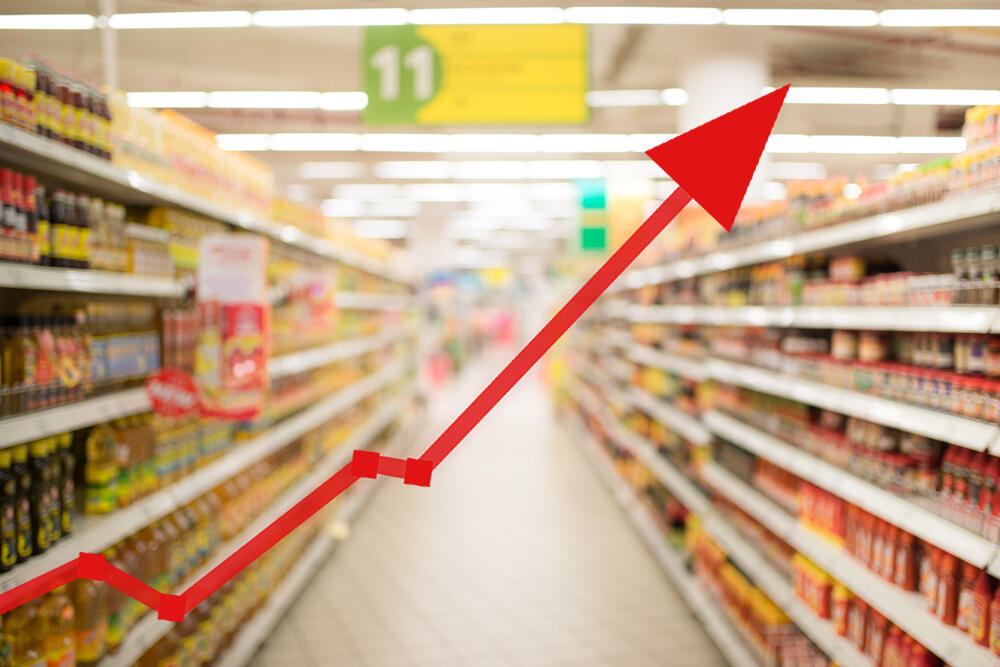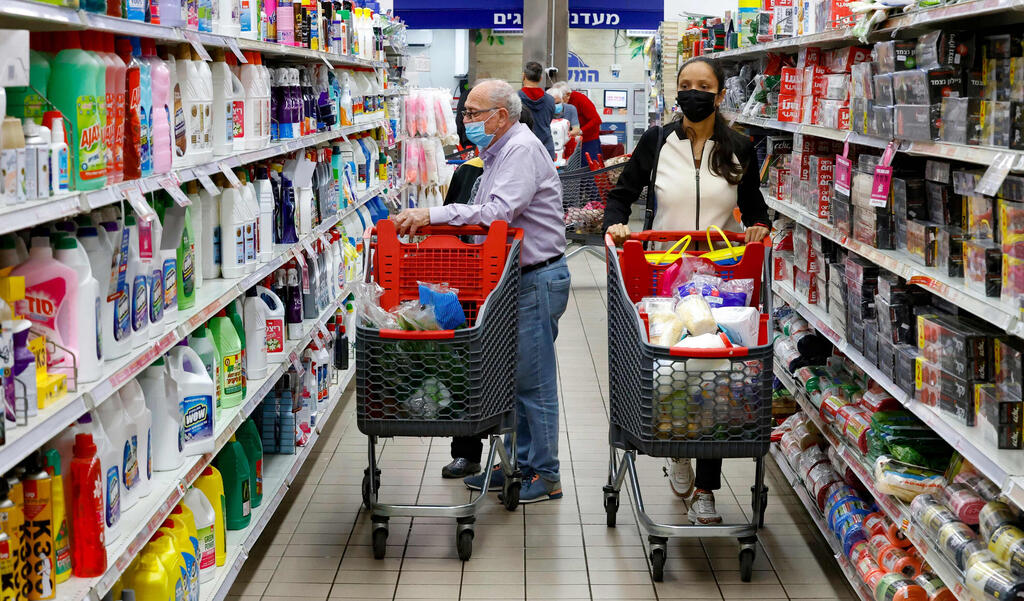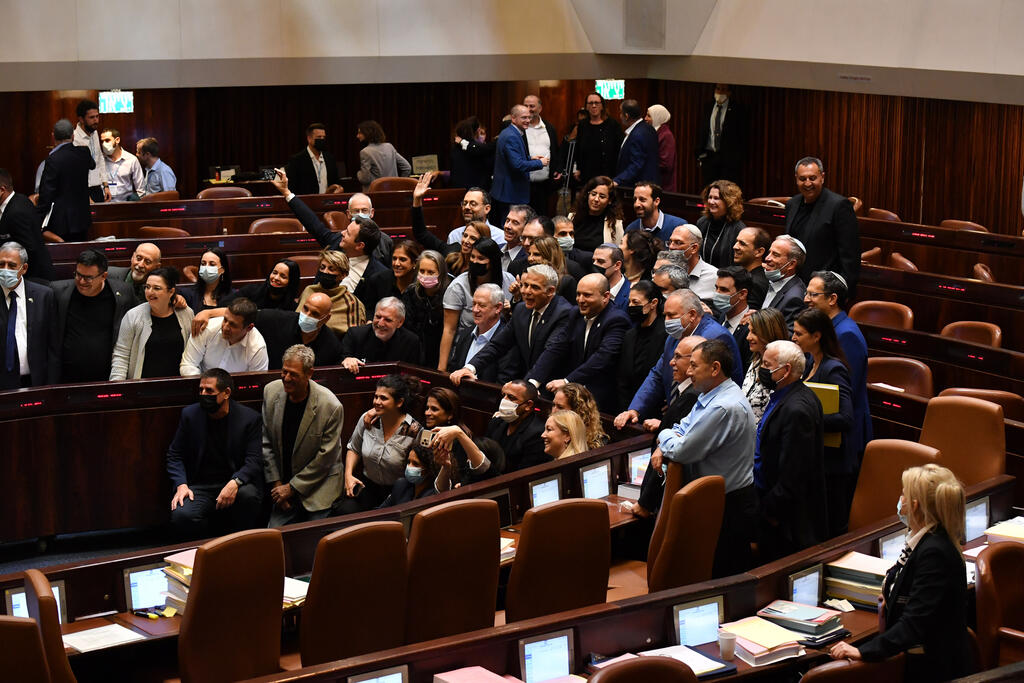Getting your Trinity Audio player ready...
When one of Israel’s largest food producers announced it was increasing the prices of many staple products, public outrage was widespread. Owned by the Swiss firm Nestlé, Osem informed supermarket owners that it would increase the prices of hundreds of products by an average of 5%, starting next month.
The expected rise in prices exposes yet again well-known issues the Israeli economy has been dealing with for decades.
“Raw materials, packaging, and transportation costs have skyrocketed,” read the announcement by Osem. “This is unprecedented. After an extended period during which we have absorbed the price increase, we are forced to update our retail prices.”
Condemnation was quick to come, as called to boycott the company. There is concern that if Osem will succeed, other companies will follow. Dairy prices are also expected to rise in the coming weeks as the price of raw milk has increased.
“As consumers, we do not have to accept this,” said Sharon Levin, director of communications and public affairs for Paamonim, an NGO aimed at giving Israeli families financial education. “Consumers need to be smarter and make wiser decisions about our purchases.”
Hikes in electricity, water, gas prices, and municipal taxes have many Israelis feeling the brunt of a global economy reeling from the pandemic-induced crisis but also other tendencies of recent years.
5 View gallery


Prices of hundreds of products will increase by an average of 5%
(Photo: Shutterstock)
“This is likely a result of a general rise in prices in the market, something that a boycott cannot solve,” said Prof. Joseph Zeira of the Bogen Family Department of Economics at the Hebrew University of Jerusalem. “In the past decade, there has been a massive monetary expansion in the Western world, including Israel. This inevitably results in a rise in prices.”
Osem has tried to raise prices in the past, but former Finance Minister Moshe Kahlon pressured the conglomerate into backing down. Current minister Avigdor Liberman projects less concern about the already high cost of living in Israel, perhaps signaling to Osem that this time there will be no government pressure. There was criticism from other cabinet ministers but it is difficult to see the public outcry changing the mind of Osem or other companies.
“Mass protest movements can have a significant political impact, but usually boycotts are less impressive on the economic level,” said Prof. Benjamin Bental, principal researcher and Economics Policy Program chair at the Taub Center for Social Policy Studies in Israel.
Since the COVID-19 pandemic, there has been a global rise in commodity prices and in transportation and shipping costs. Increased demand and limited supply have also impacted prices. Osem is riding on a global trend, and it is difficult to imagine it caving to public criticism, however loud it may be.
The cost of living in Israel has increased in recent years. In 2021, for the first time ever, Tel Aviv was ranked by The Economist as the world’s most expensive city. A hike in prices of groceries and transportation played a major role in the unflattering ranking. Not only do residents in Tel Aviv feel the high cost of living; for most Israelis, the reality is expensive.
One of the main reasons for the increase in the cost of living in the appreciation of the Israeli shekel in recent years. This makes the local cost of products and services high when compared to the US dollar.
For lower-income families, such a change in the prices of basic products has a major impact. Approximately 20% of the budget of the lower decile families in Israel is allocated to food.
“This is significant,” said Zeira. “This will increase the gaps in Israel. … Income is eroaded and poorer families have fewer defenses against this. This is where the government needs to act," added Zeira.
“Food prices play a large role in the cost of living,” said Bental. “When there are deviations because of market forces and changes in supply and demand, this will have an impact.”
In the summer of 2011, hundreds of thousands of Israelis participated in weekly protests against the high cost of living in the country. The movement changed the political discourse and had some impact on economic policies with reforms on certain issues. Still, many of the problems plaguing the Israeli economy have not changed, one of them being the presence of monopolies.
In the food sector, Osem has a monopoly on many of the products it sells. “This is the main problem,” said Bental. “Not only does Osem control the market, but it also controls much of the import of certain products to Israel. Therefore, what is needed is that the decision-makers will create policies that break this monopoly, rather than a boycott.”
During the social protests over a decade ago, there were calls to end the presence of monopolies in Israel. With a strong economy, the country could let go of the notion that Israel needs to close its economy in order to protect itself. Israel’s main economic engine, the high-tech sector, operates under no restrictions and is completely open to competition, with huge success.
“There was a perception that what characterizes the newly independent state was financial independence and self-sufficiency,” said Bental. “This policy led to extreme protection of domestic produce, barring almost all imports and contributed to the development of monopolies.”
The near future will be a challenging one for Israelis, but also for the government. The recent appointment of a permanent head for the Israel Competition Authority leaves room for hope that the issue of monopolies in the market will be addressed.
“We are entering a period in which prices are going to rise and wages will remain largely the same,” said Levin. Israel’s robust economy is not enjoyed by all its citizens and the impact of price increases highlights this.
The government, inaugurated last summer, vowed to bring down the cost of living. How it will do so remains to be seen. “The words and the tone are right, but we need to see action,” Bental summarized.
The story was written by Keren Setton and republished with permission from The Media Line





